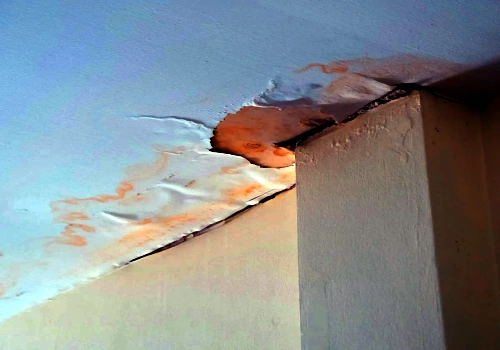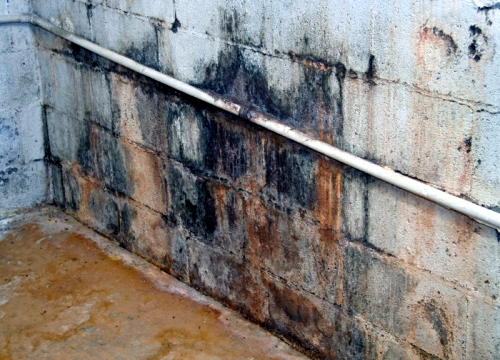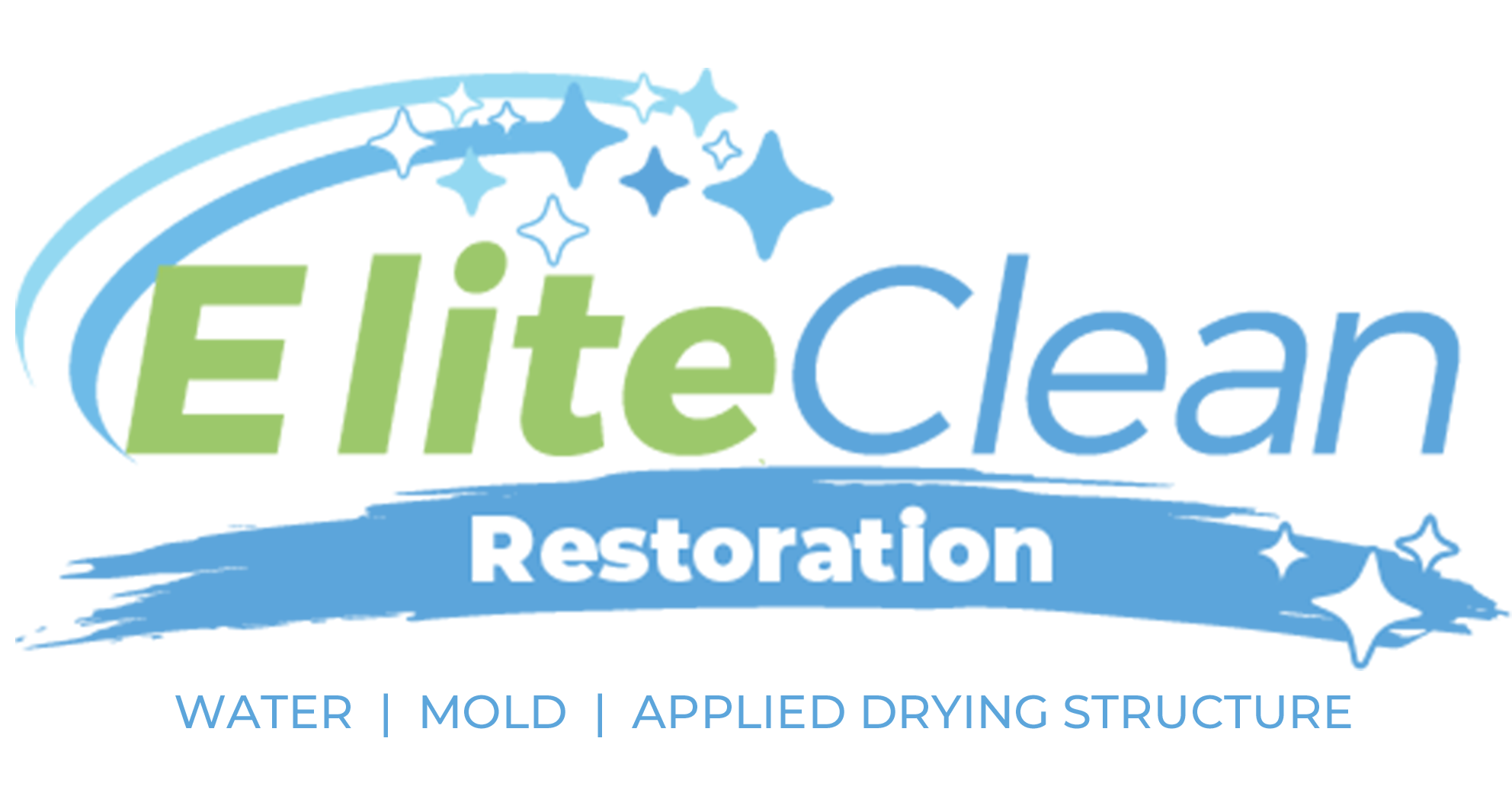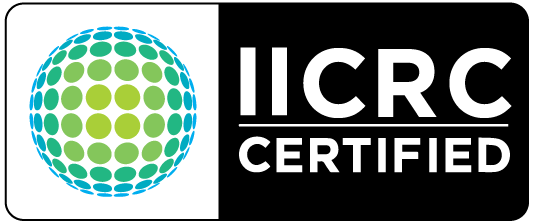Drywall water damage is one of the problems affecting most American homeowners. Drywall water damage occurs when water penetrates the drywall in the form of leakage, floods, or excess moisture from the environment. Damp drywall is the ideal environment for mold to grow, exposing you to respiratory issues.
Mold is present in approximately 45 million American homes. Act quickly if you have a water damage emergency to protect your home’s structural integrity and prevent further damage. This article will look at how long does it take for mold to grow on wet drywall.
How Fast Does Mold Grow on a Wet Drywall?
Because of their porous surface, drywalls are highly susceptible to mold growth. Aside from being extremely porous, drywall is made of organic materials that provide food for mold. Mold, if not controlled, can cause a slew of issues. For example, it causes respiratory problems such as the common cold and aspergillosis. Aspergillosis is a serious infection caused by inhaling mold spores that can result in mold growth in the lungs.
After exposure to water damage, it only takes 24–48 hours for the mold to grow. Here are a few signs of mold growth on your drywall:
- Discoloration and peeling of the drywall.
- A musty smell in your home.
- Soft drywall that is flaky or mushy.
- Visible mold marks on the drywall.
- New or aggravated allergic reactions among family members.

Factors That Lead to Mold Growth
So, what attracts mold to the drywall? Below, we look at some factors contributing to mold growth on your drywall.
High Ambient Temperature
Different types of mold thrive in different temperatures. Some only thrive in cold conditions, others in warm conditions, while others survive only in a high ambient temperature. Most harmful mold species, like black mold, love high temperatures, making your home susceptible to a mold problem during summer.
Light intensity
Mold grows in dark and hidden places, making it difficult to detect. This is because UV rays kill most molds and mold spores. As a result, mold may grow and spread in the drywall undetected until it is too late. As a result, it is critical to schedule a mold assessment on a regular basis to prevent mold growth in your home’s dark areas, as you cannot always control where the light reaches.
Water Exposure and Excess Moisture
Mold grows on any surface as a result of wet conditions. Mold cannot germinate and thrive in the absence of a moisture problem in the home. Some molds require little moisture, while others thrive in moist environments. Moisture enters the drywall from a variety of sources. It could be a leaking roof or pipes, standing water in the surrounding area, or excessive humidity in the home. Every hour, any recent water damage attracts mold, and drywall is one of the most inviting surfaces for mold spores to attach themselves and grow. Excess water from house cleaning, as well as water vapor from the shower and dishwasher, are all sources of moisture in the home.
Food Source
Just like any living thing, without food, mold cannot grow. Different types of mold feed on various materials. However, most drywall mold is hard to suppress because it feeds on the drywall building materials and other organic household materials.
Presence of Mold Spores
Mold cannot grow unless mold spores are present in the environment. Mold spores typically enter the home through the house openings. Mold will grow if the conditions are favorable. If the conditions are not ideal, they remain dormant, waiting for the right moment to germinate or die. Wet drywall is especially vulnerable to mold growth.
Aeration
Mold requires oxygen in order to grow and spread. Aeration may be difficult to control because you cannot prevent air from entering your home.
How to Protect the Drywall from Excess Moisture and Growth of Mold
The only way to stop mold from growing in your home’s drywall and other surfaces is to deal with any moisture issues as fast as possible. These tips below can help you;
- Ventilate your home properly to avoid moisture getting into the drywall.
- Repair leaks and cracks on the roofs and windows to prevent water intrusion.
- Hire professional drying services to remove excess water in the case of water damage.
- Use a dehumidifier to keep humidity levels low and reduce excess moisture in the house.
- Keep bathroom and kitchen doors shut after use to prevent moisture from spreading to the rest of the house.
- Incorporate mold inhibitors into your paint and use mold-resistant products in your home.

What to Do In the Case of Drywall Water Damage
Start by locating the water source, then dry the affected materials as fast as possible. Fix any appliance or structure that could be causing the moisture problem. Ventilate the house by opening windows and turning on the air conditioner to ensure the air is dry.
Remove mold as soon as it starts growing to prevent it from spreading and contaminating other surfaces. Ensure you get rid of the wet drywall with the help of a professional drywall contractor to prevent further damage. Waterproof the house and invest in a sound drainage system to prevent the problem.
For Mold Remediation Services in Indianapolis, Contact Elite Clean Restoration Company
Mold is a health hazard. It affects the interior air quality and causes allergic reactions in your home. Your family members, pets, and insurance company are not the only ones who feel the pinch of a mold infestation. It compromises the structural integrity of your house and reduces its value.
Knowing the dangers of mold growth, Elite Clean Restoration has decided to assist you and other Indianapolis homeowners in resolving the issue. We are a water damage restoration company in Indianapolis and its surrounding areas that provide quality, personalized, fast drying, and mold remediation services.
Our mold removal team is trained and experienced, and we will respond to your emergency call within 60 minutes. Your home will be as good as new in a matter of hours because we have all of the necessary tools and licenses to remove even the smallest mold spore that is invisible to the naked eye. For faster service, call (317) 914-9866.

